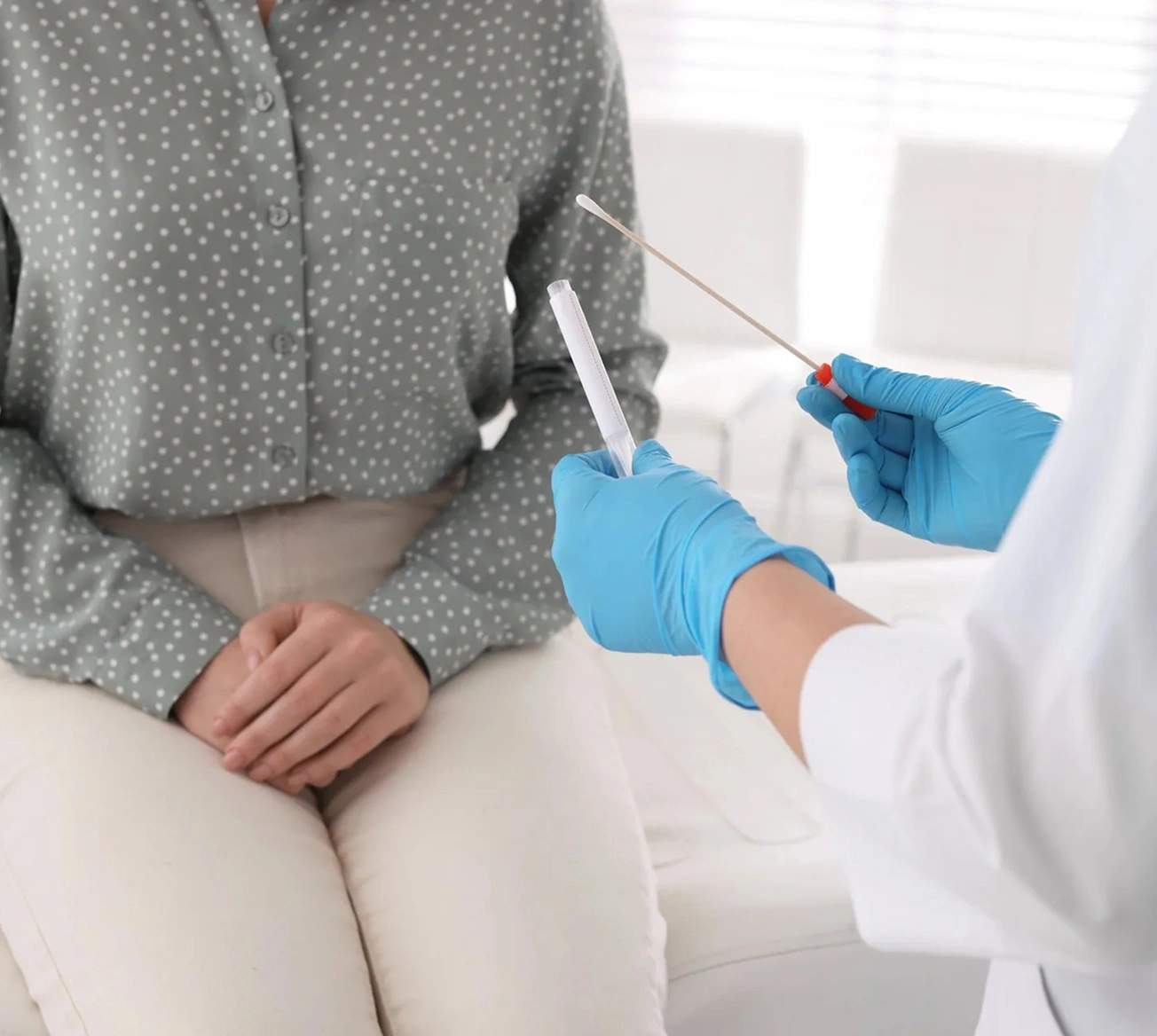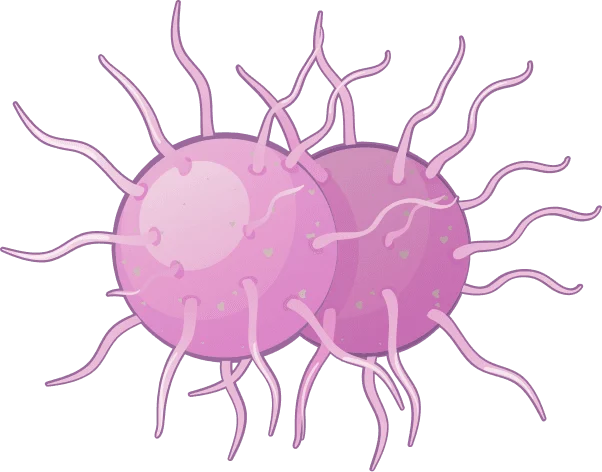Can gonorrhea go away on its own?
No, untreated gonorrhea can lead to severe complications. Professional medical treatment is essential to eliminate the infection.
Is gonorrhea curable?
Yes, gonorrhea is curable with the right antibiotics. However, completing treatment is vital to ensure the infection is fully eradicated.
How soon can symptoms appear after exposure?
Symptoms can appear 2 to 14 days after exposure, but some individuals may not experience symptoms at all.
What should I do if I’ve been exposed?
If you suspect exposure, avoid sexual activity and get tested right away. Reach out to Mediway Medical Clinic for quick and confidential testing.
How is Gonorrhea treated?
Gonorrhea is usually treated with antibiotics. The most common treatments include:
- Antibiotics:
- Ceftriaxone: Typically given as an injection.
- Azithromycin: Usually taken as oral tablets.
- Follow-up Care: It’s important to complete the entire course of antibiotics, even if symptoms disappear. Avoid sexual activity until the infection is fully cleared, usually after one week of treatment. Follow-up testing may be recommended to ensure the infection is gone.
- Treatment for Partners: Sexual partners should also be tested and treated to prevent re-infection.
Can Gonorrhea be prevented?
Gonorrhea can be prevented by:
- Using condoms consistently and correctly during sexual activity.
- Having regular STI screenings, especially if you have multiple sexual partners.
- Maintaining a mutually monogamous relationship with an uninfected partner.
- Communicating with sexual partners about STI status and risks.
- Avoiding sexual contact with individuals who have symptoms of gonorrhea or other STIs until they have been tested and treated.





